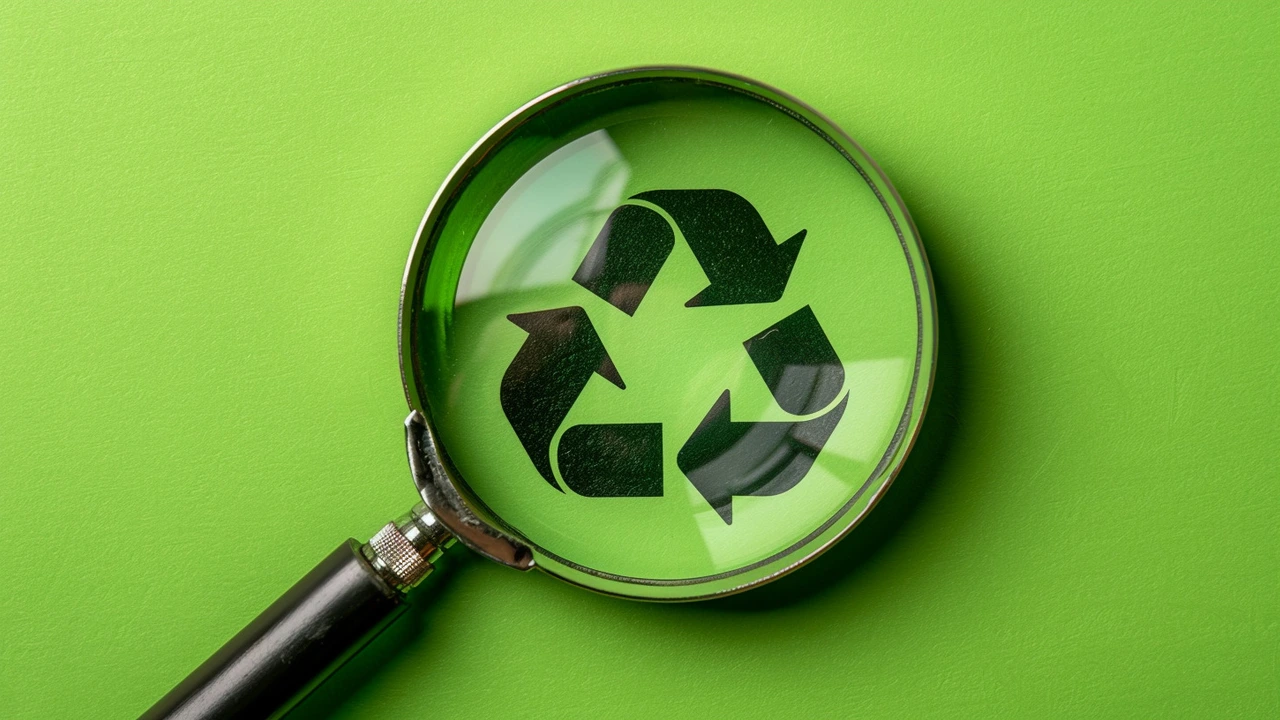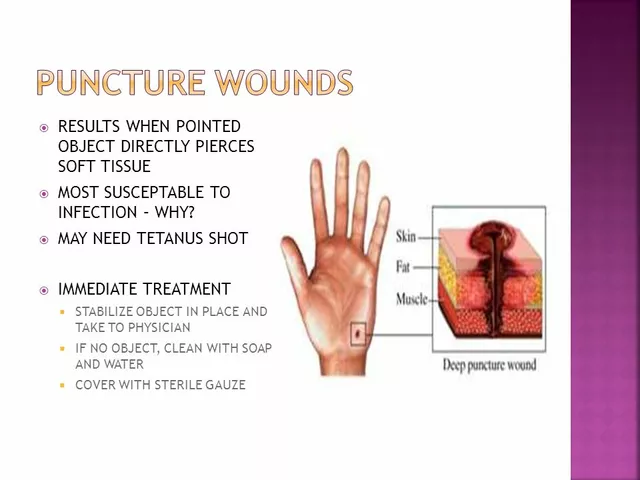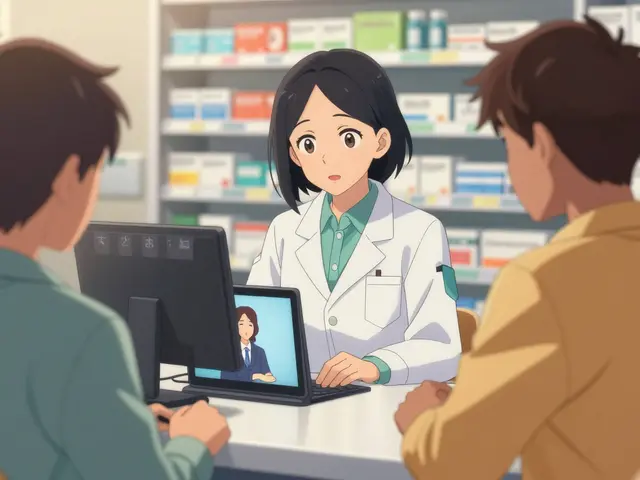Sustainable Healthcare: Practical Steps for Greener Pharmacy and Care
Healthcare helps people, but it also creates waste, uses energy, and drives emissions. The sector is estimated to produce a noticeable share of global emissions, so small changes in clinics, pharmacies, and prescriptions add up fast. This page gives clear, practical actions you can use today to make care greener without sacrificing safety.
Think of sustainability in four easy buckets: smarter prescribing, less waste, cleaner operations, and stronger supply chains. Tackle one area at a time and you’ll see steady benefits for patients and the planet.
Simple Actions Pharmacies Can Start Today
Switch to generics where safe and effective. Generics cost less and often have lower supply-chain footprints because they’re produced at scale—ask prescribers when equivalent generics are available.
Run regular inventory checks to cut expired stock. One extra weekly audit prevents large write-offs later and reduces medicine waste.
Offer and promote medicine take-back and safe disposal. Unused medications tossed in the trash or down the drain cause pollution and risk diversion. Provide clear disposal instructions or partner with local take-back programs.
Optimize packaging and deliveries. Use recyclable materials when possible and consolidate shipments to lower transport emissions. Ask suppliers about minimal-packaging options.
Improve energy use in-store: switch to LED lights, optimize HVAC settings, and use smart thermostats. These are low-cost steps that cut bills and emissions.
How Clinicians and Patients Help
Prescribers: review chronic meds regularly and deprescribe when appropriate. Stopping unneeded drugs reduces side effects, cost, and waste. Use shorter, targeted courses for antibiotics to avoid leftovers.
Choose lower-impact inhalers when clinically acceptable. Some dry powder inhalers have a much lower carbon footprint than certain metered-dose inhalers—talk to patients about options.
Use telehealth when a physical visit isn’t needed. Virtual check-ins cut travel emissions and save time for patients and staff.
Encourage adherence. Patients who take meds as prescribed produce less unused stock. Practical tools—pill packs, reminders, short counseling—make a real difference.
Educate patients about proper storage and disposal. A quick chat or one-sheet handout prevents medicines from expiring prematurely and entering the environment.
Measure what you change. Start with a simple audit—track expired meds, energy bills, or delivery frequency for three months. Set a small target (10% less expired stock or one fewer supplier delivery each month) and build from there.
Small steps add up. Pick one easy change this month—run an inventory audit, offer a disposal bin, or swap to LEDs—and then add another. Over time, these practical moves save money, reduce waste, and make care safer for people and the planet.
GlaxoSmithKline (GSK) is pioneering the shift towards sustainable healthcare by initiating phase III trials for a low carbon Ventolin inhaler. This move could significantly reduce the environmental impact of metered dose inhalers, which are a substantial part of GSK's carbon footprint.
Read more






